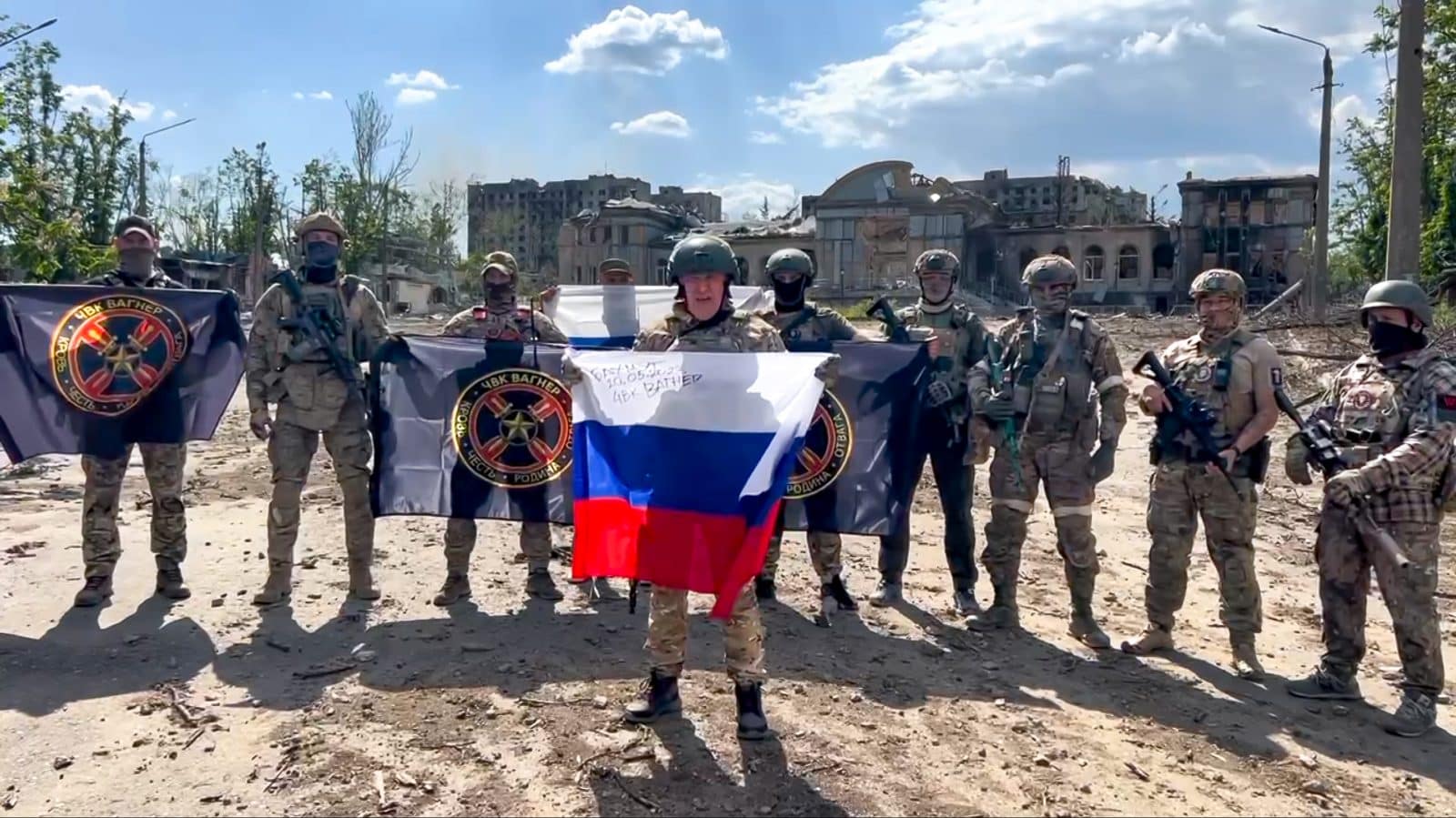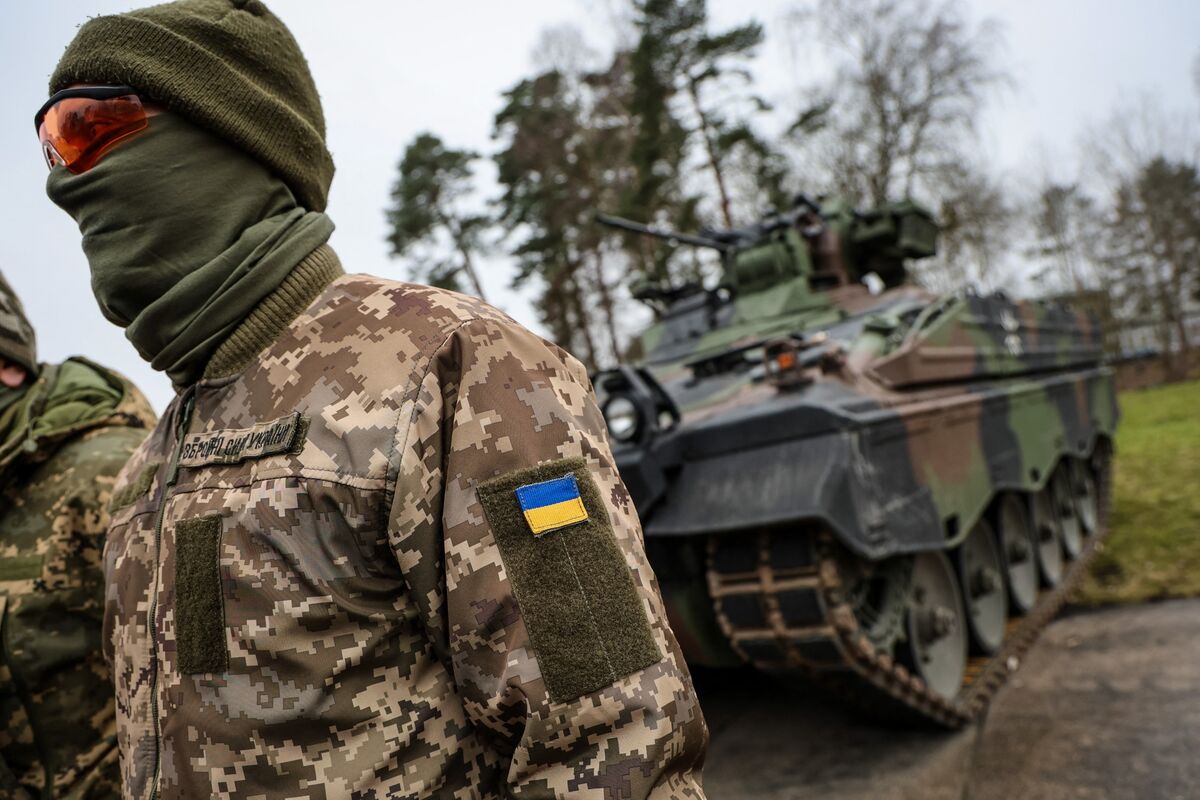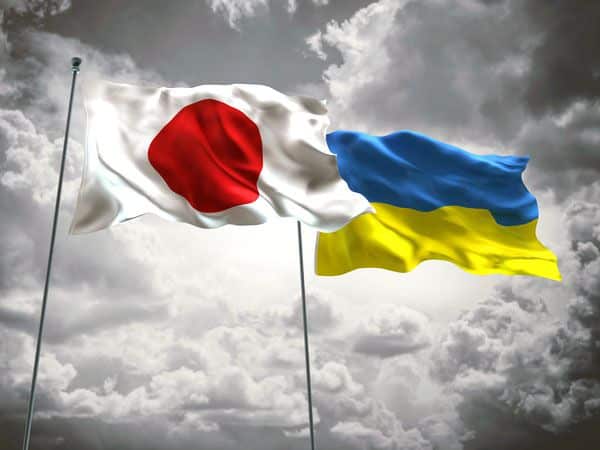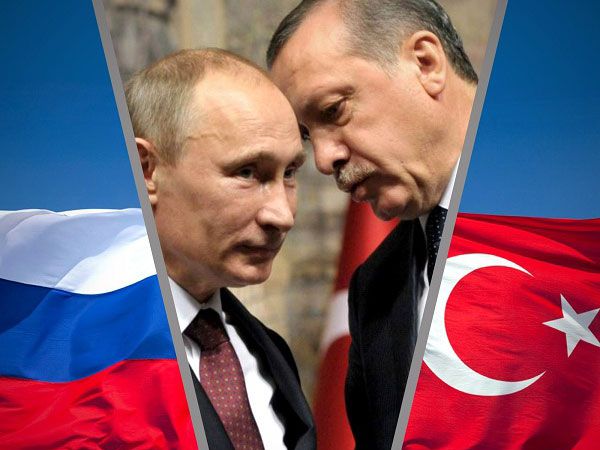Swedish Institute of International Affairs reports that the Russian Federation make fake news, false documents, disinformation as part of a coordinated campaign to influence public opinion and decision-making in Sweden.
“An increasing amount of disinformation, forged telegrams and fake news items have surfaced in the Swedish information landscape. These developments have taken place in the context of a deteriorated security situation in the wider Baltic region, following Russia’s annexation of Crimea in February 2014,” reads the report
“Russian politicians and diplomats have proactively intervened in Sweden’s domestic political affairs; and a number of pro-Kremlin NGOs and GONGOs have become operational in Sweden. In social media, troll armies are targeting journalists and academics, including the ‘hijacking’ of Twitter accounts. Disinformation on NATO and suspected intrusions by foreign submarines have appeared in Swedish media, themes which were picked up by Sputnik, RT and other sources of Russian public diplomacy and broadcast to an international audience. Lastly, there exist examples of important target groups in Sweden, such as political actors, NGOs and newspapers, who wittingly or unwittingly have performed a role as interlocutors of disinformation,” states Swedish Institute of International Affairs.
See also: 10 facts about Russian propaganda
One of the report’s authors, Sebastian Åsberg stated that a key Russian tool was the Swedish-language version of its state-funded news website Sputnik News, which published four thousand propaganda articles between 2015 and spring 2016, when it was closed.
“Sputnik International, which replaced Voice of Russia on 10 November 2014, launched its Swedish language version on 15 April 2015. The most frequently appearing targets in Swedish Sputnik reporting are the EU (698 articles), NATO (321) and the United States (1018). Ukraine is referenced 882 times, almost without exception in an extremely unfavourable light (with ‘fascism’, ‘corruption’, ‘authoritarianism’ and ‘belligerence’ as some of the most recurring themes).”
The report stated that the Russian Federation had used misleading reports, forged documents and fabricated news items on its state-run news website Sputnik, and public interventions by Russian politicians in Swedish domestic affairs, as well as more covert methods.
“One example of Sputnik’s operating mode is the way the news site reported on Ukraine and Syria in 2015. Attention towards Ukraine radically diminished in August, at the same time as coverage of Syria began to increase. Syrian war had been consistently intense for months, if not years, prior to the entrance of Russian airpower to the conflict, and there were no major changes to the situation in Ukraine to motivate such a rapid loss in interest. The shift merely reflected how Sputnik reporting, as an instrument of Russian public diplomacy, shifted pari passu with changes in Russian foreign policy.”
See also: U.S. Intelligence: Russia`s spreading fake news ”beyond propaganda”
Sweden’s prime minister, Stefan Löfven, told a national defence conference this week that he “cannot rule out” Russia trying to influence the country’s next elections, which are due in 2018.
“We should not rule it out and be naive and think that it does not happen in Sweden. That’s why information and cybersecurity is part of this strategy,” Löfven told the TT news agency.
“Outright fabrications occur on a limited scope. The most prominent example is the counter-hypothesis supported by Russia that the civilian airliner MH17, which crashed in the Donbas region of Ukraine in July 2014, was shot down by a Ukrainian fighter jet rather than a surface-to-air missile operated from rebel held territory”, reads the report.
See also: Czechs set up unit to counter perceived propaganda threat from Russian
Sweden’s former Minister of Foreign Affairs Carl Bildt was a target of fake news because of criticism of foreign policy of the Russian Federation and support of Ukrainian EU integration:
“The most frequently appearing target in the forgeries uncovered in our research is Sweden’s former Minister of Foreign Affairs Carl Bildt (2006–2014), a politician known for his criticism of Russian foreign policy and support of Ukrainian EU integration. In May 2016, an article appeared on Russian and English language websites claiming that Bildt had proposed the creation of an organisation to counter EU-scepticism and develop closer EU–Ukraine ties.”
Ukraine is very popular theme among fake news provided by Russia:
“The efficiency of Russia’s annexation of Crimea in February 2014 is usually explained in part with reference to the rigorous use of disinformation, and the narratives are by now well established: Kyiv is operated by a ‘US/NATO-led fascist junta’; murderous gangs threaten peaceful residents in Crimea and eastern Ukraine; and millions of citizens in Donetsk and Luhansk wish to join the Russian Federation.”
See also: European Parliament sounds alarm on anti-EU propaganda from Russia, IS terrorist groups
“The main contribution of our case study on Sweden, a littoral state of the Baltic Sea region, is the empirical analysis of how and to what extent Russia since 2014 has applied public diplomacy and active measures in order to influence policy making in Sweden in at least two important areas: Swedish–NATO cooperation and Swedish/EU support for Ukraine,” states Swedish Institute of International Affairs.





